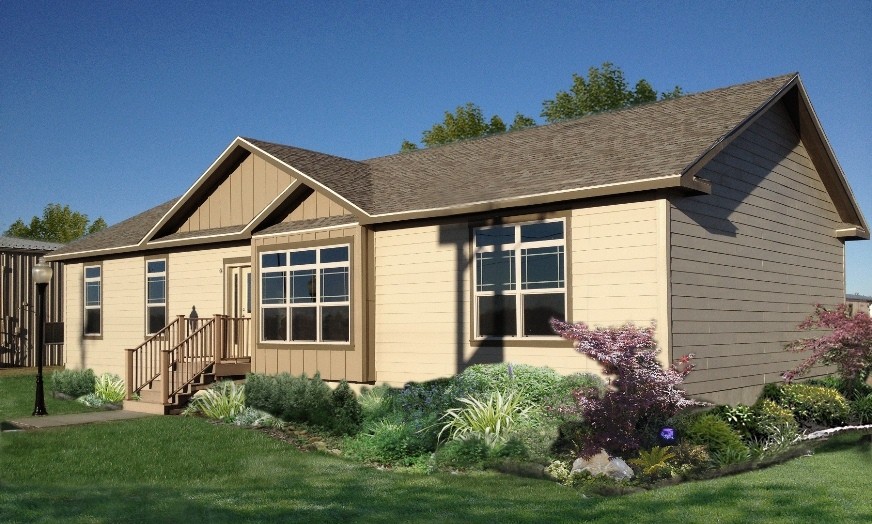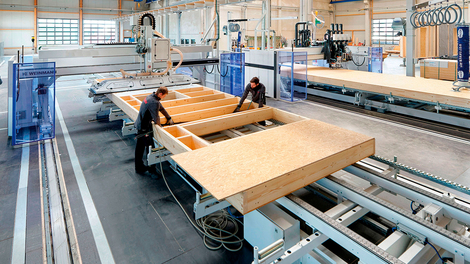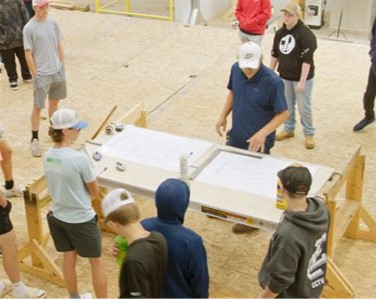In a two-story house constructed by Homma Group in Portland, Oregon, ceiling and banister light fixtures light up when someone places a foot on the steps leading into the home. Some 30 sensors throughout the house detect motion, and all lighting is controlled automatically.

Not only does the home automatically turn lights on and off, but it also adjusts brightness and tones, blending into the daily lives of its inhabitants depending on the time of day. For example, the home softens the lighting when someone gets up to use the bathroom in the middle of the night.

Japanese entrepreneur Takeshi Homma, whose Silicon Valley-based startup has embarked on a project to build next-generation “smart homes” in the United States, sees himself as not only a problem solver but an innovator.

Although residential homes had superior functionality as compared to Japanese homes, such as good insulation, Homma realized there was little progress in housing construction efficiency.

Since pre-fabricated bathrooms and system kitchens are not widespread in the United States, with tradespeople usually building them on-site, it is typical for a house that can be built in one year in Japan to take two to three years in the United States.
Homma explained further that because American builders tend to be conservative in their thinking, he feels they avoid using new materials and equipment as much as possible, only focusing on the building itself while taking little interest in technology.
Unlike Japan, where houses have a relatively short lifespan before being demolished and the land built on again, in the United States, old houses are renovated and live on. So if a homeowner wishes to create a “smart home,” they must retrofit by buying and installing various devices. Having to download a slew of apps to your smartphone to operate those devices only complicates matters, Homma says.
“So by incorporating the efficient building practices of Japan, I thought it would present a great business opportunity to introduce IT to residential construction in the U.S.,” Homma said.



